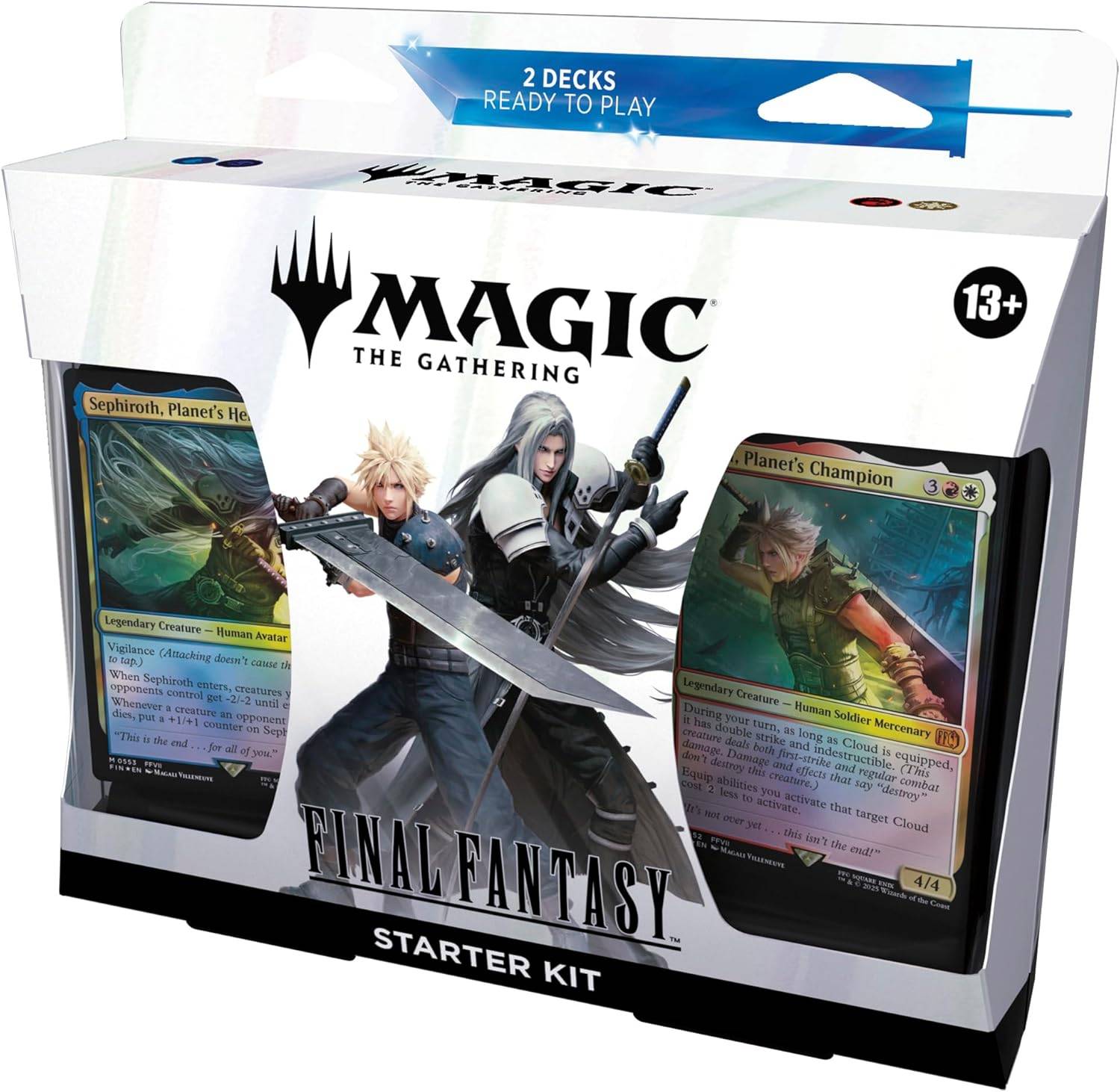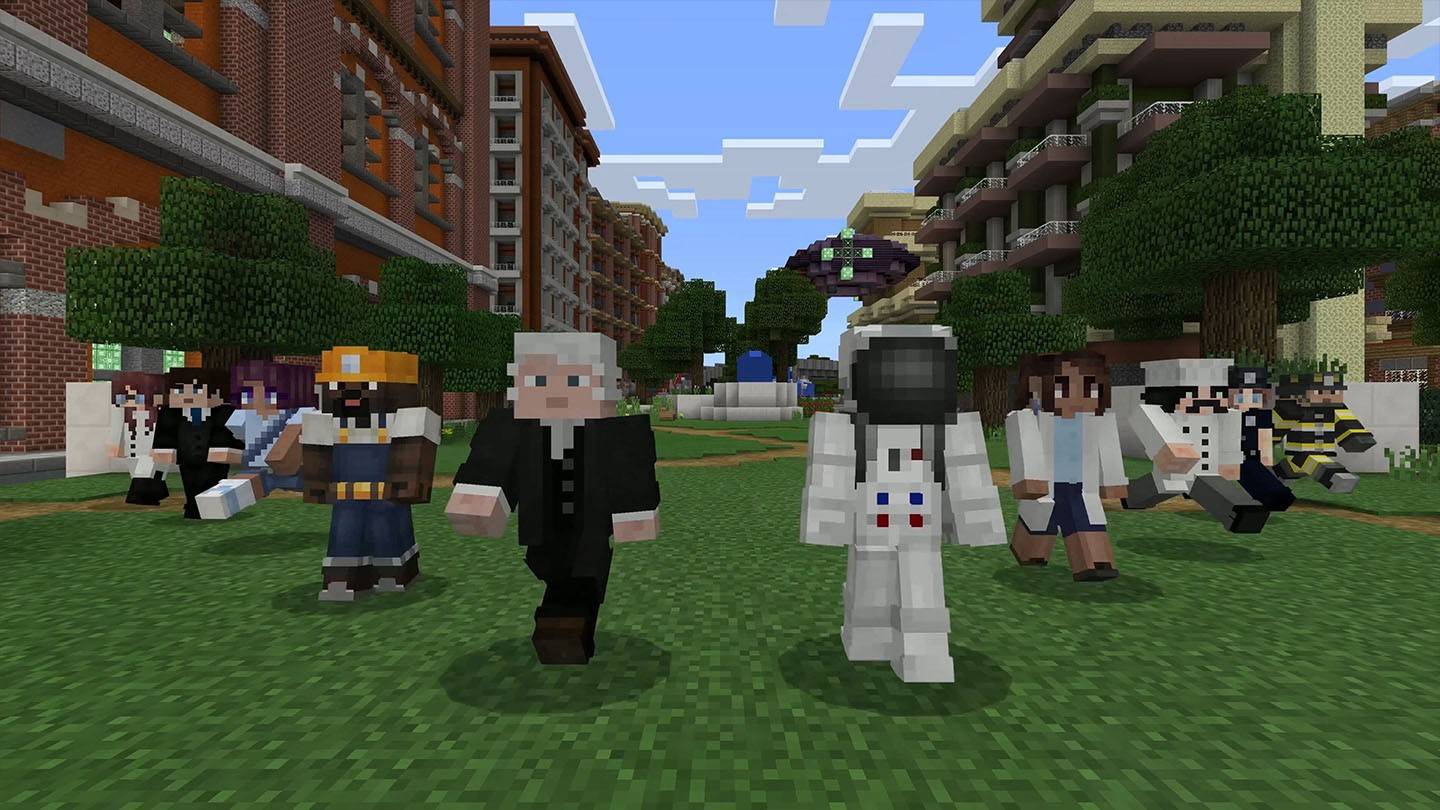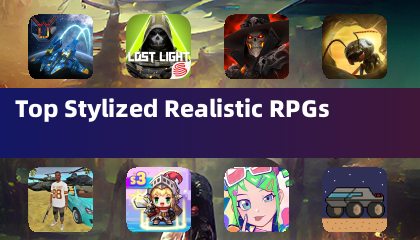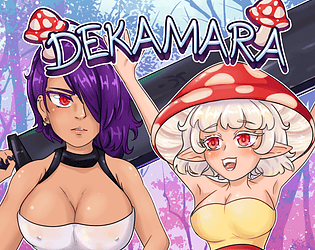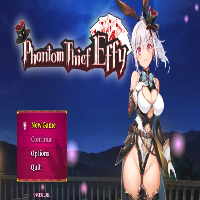At the recent DICE Summit in Las Vegas, Nevada, Naughty Dog's Neil Druckmann and Sony Santa Monica's Cory Barlog engaged in a candid discussion about a topic close to their hearts: doubt. The hour-long conversation delved into their personal experiences with self-doubt as creators and how they discern the viability of their ideas. The session also included a segment where they addressed pre-submitted audience questions, one of which focused on character development across multiple game sequels.
Druckmann's response to how he approaches sequels was notably different from what one might expect from a seasoned developer of sequels. He revealed that he does not plan for multiple games, explaining, "That's a very easy question for me to answer, because I never think about multiple games, because the game in front of us is so all consuming. I think you're jinxing yourself if you're starting to think about the sequel when you're working on the first game." He further elaborated that while working on The Last of Us 2, he occasionally entertained thoughts about potential future directions, but his primary focus remained on the current project. Druckmann's philosophy is to not reserve ideas for future installments but to integrate any compelling concepts into the game at hand, operating under the premise that it might be his last chance to do so.
Ten-year payoffs
Druckmann extended this approach to all his projects, with the exception of the The Last of Us TV series, where multiple seasons are already planned. For sequels, rather than having a predetermined plan, he reflects on what has been done and identifies unresolved elements and potential future paths for characters. If he feels there is nowhere left for the characters to go, he humorously suggested, "I think we'll just kill them off." He emphasized the importance of innovation and questioning whether to continue with the same character or explore new projects when faced with creative stagnation.
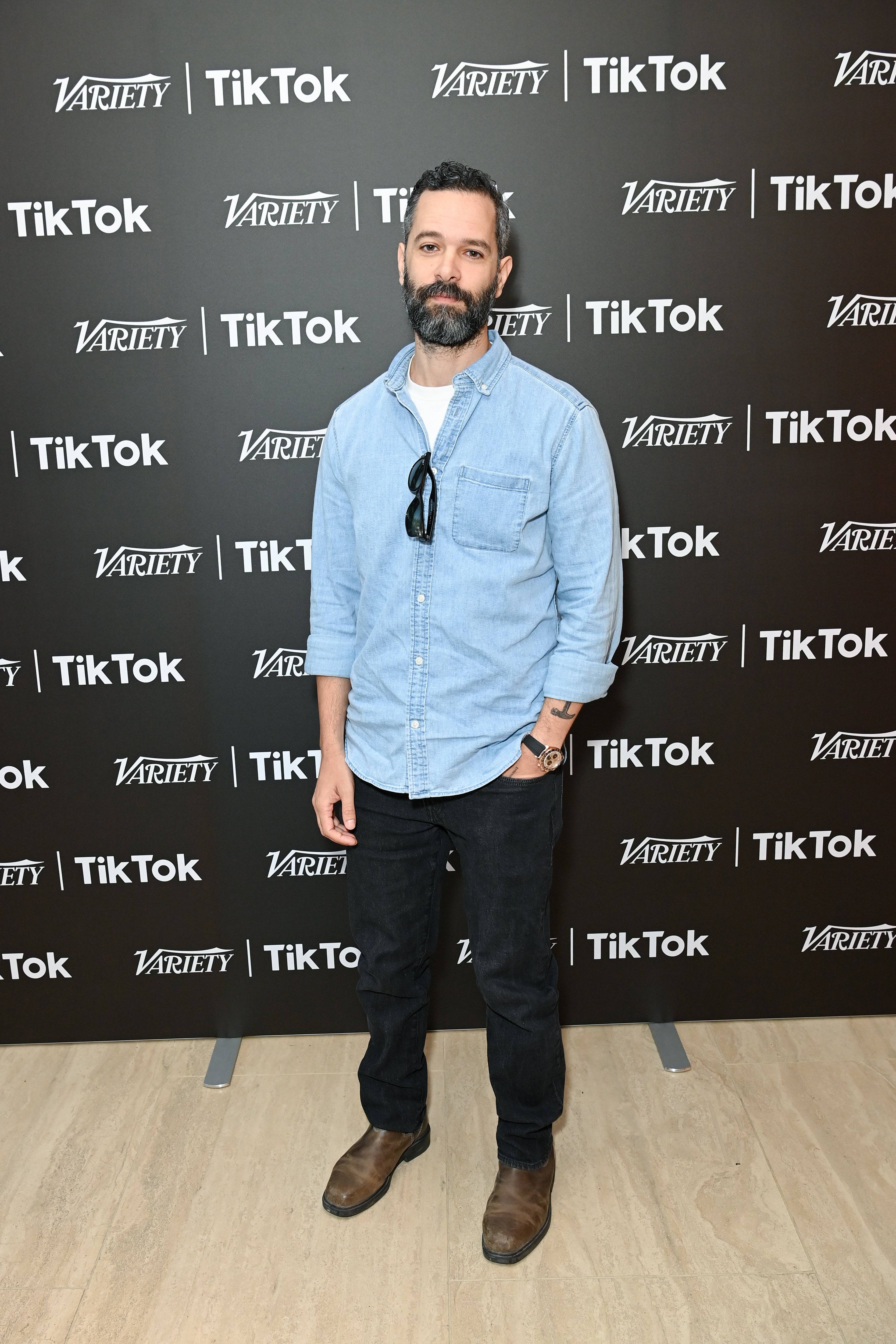 Neil Druckmann. Image credit: Jon Kopaloff/Variety via Getty Images
Neil Druckmann. Image credit: Jon Kopaloff/Variety via Getty Images
In contrast, Barlog shared his different approach, likening it to a "Charlie Day crazy conspiracy board," where he tries to connect and plan various pieces over long periods. He finds it magical to link current projects with plans set a decade earlier, although he acknowledges the immense stress and complexity this entails, especially with the involvement of numerous team members over time whose perspectives may shift.
Druckmann responded by admitting that such long-term planning requires a level of confidence he does not possess, preferring instead to focus on immediate challenges rather than distant future plans.
The reason to wake up
The discussion also touched on their ongoing relationship with their careers and creative processes. Druckmann, while discussing his involvement in the The Last of Us TV show, shared a light-hearted exchange with actor Pedro Pascal about their passion for art, emphasizing that the love for storytelling in games is what motivates him to continue despite the stress and negativity that can come with it.
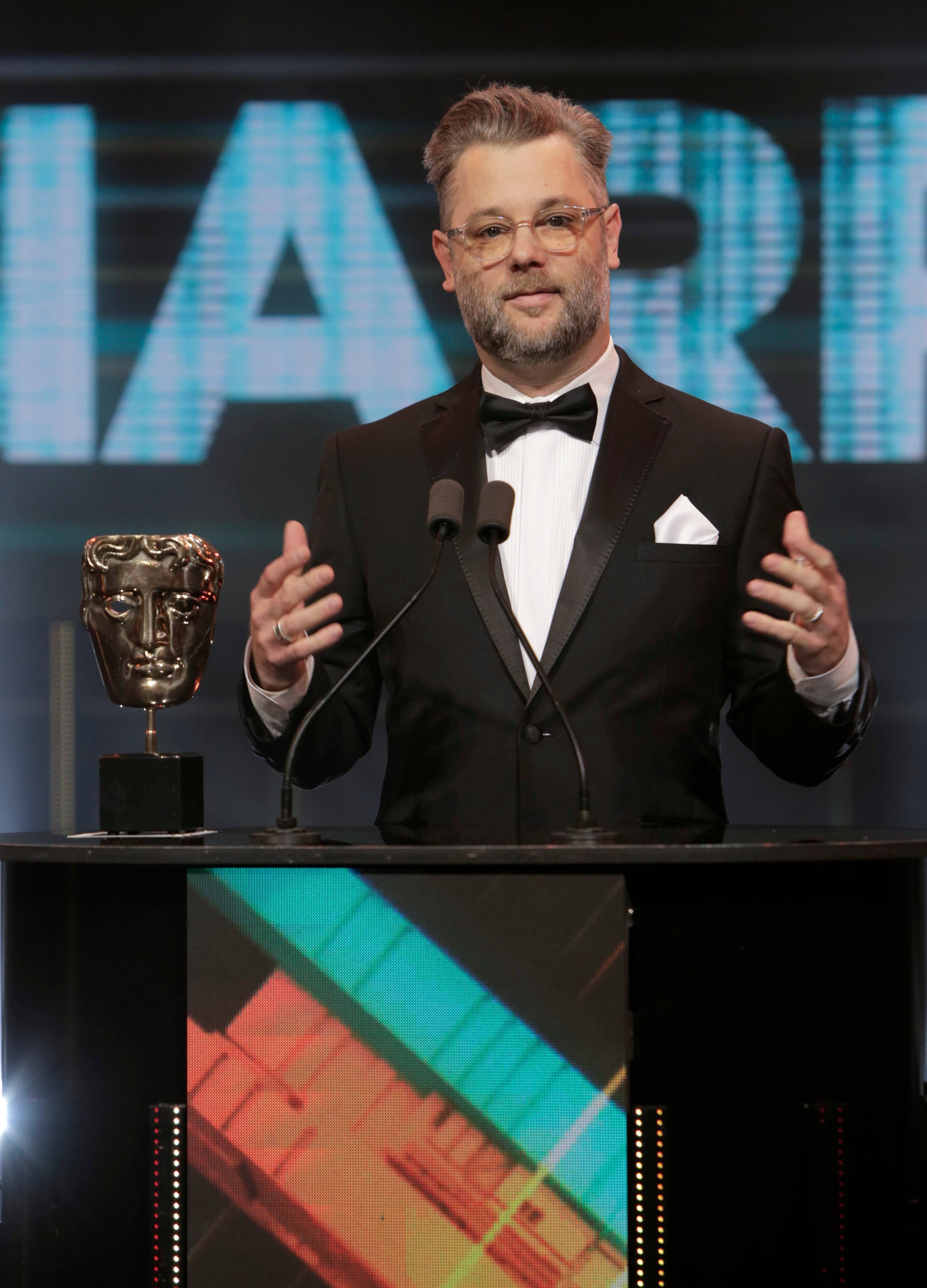 Cory Barlog. Image credit: Hannah Taylor/BAFTA via Getty Images
Cory Barlog. Image credit: Hannah Taylor/BAFTA via Getty Images
Barlog, prompted by Druckmann about the sufficiency of his achievements and the compulsion to continue, gave a poignant response. He admitted that the drive to achieve more is never satiated, describing it as a relentless pursuit akin to climbing mountains only to see another taller one in the distance. He highlighted the struggle and the often thankless nature of the work, yet acknowledged the profound satisfaction of reaching creative summits, albeit momentarily, before the cycle begins anew.
Druckmann concluded with reflections on mentorship and succession, recalling advice from Naughty Dog's Jason Rubin about leaving room for others to grow. He expressed a gradual withdrawal from day-to-day involvement in projects, looking forward to creating opportunities for future creators to take on the mantle and bring their own ideas to life.
Barlog humorously concluded the session by suggesting he might retire, encapsulating the bittersweet nature of their shared journey in game development.



 LATEST ARTICLES
LATEST ARTICLES 